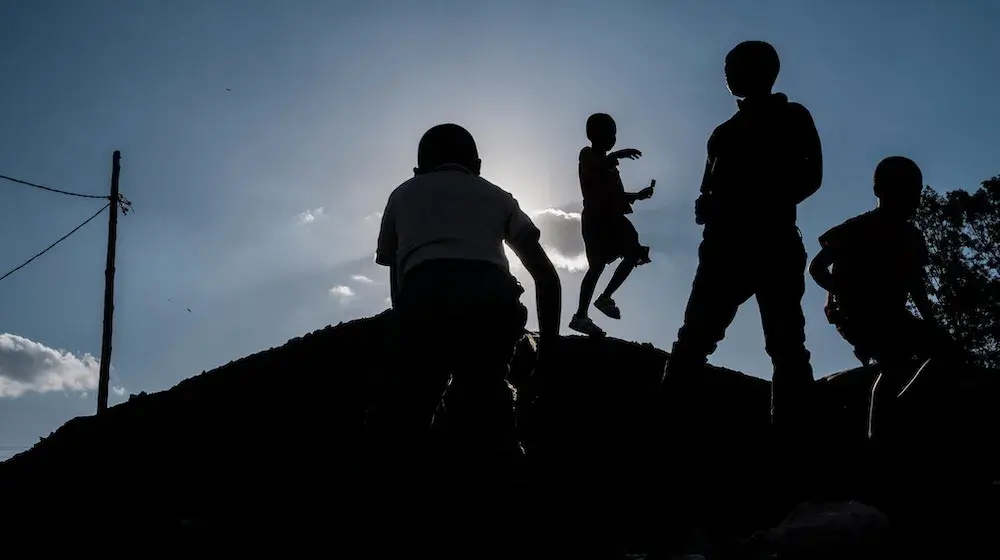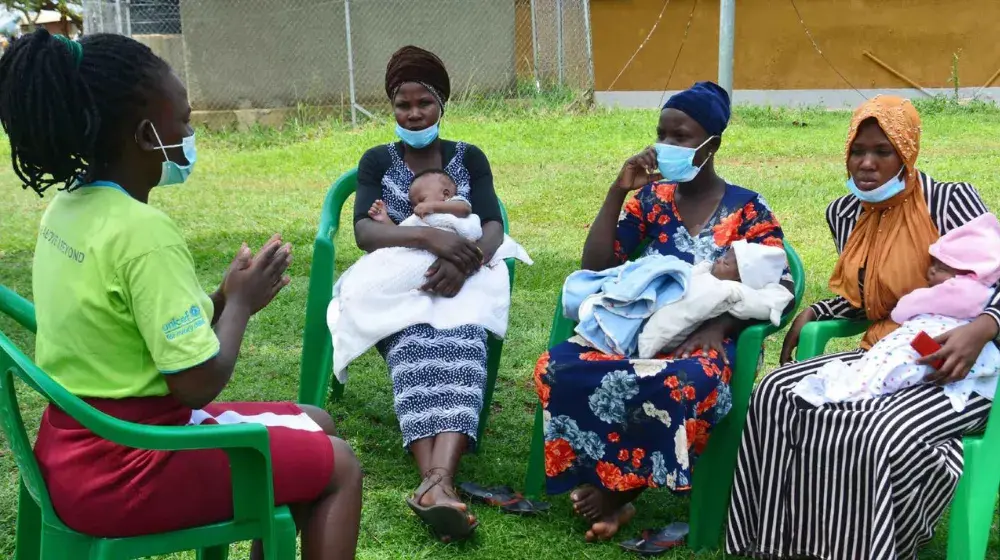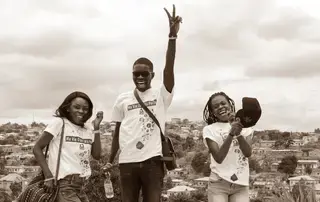JOHANNESBURG, South Africa—The COVID-19 pandemic has reversed some of the hard-won gains in the global HIV response–this was one of the key takeaways at the recent International Conference on AIDS and Sexually Transmitted Infections in Africa (ICASA) in Durban, South Africa.
COVID-19 negatively affected access to HIV treatment, and the sexual and reproductive health of adolescent girls and women. It disrupted sexual and reproductive health services, including HIV, as well as services for gender-based violence (GBV). The pandemic also impacted health services supply chain and logistics management systems in many countries.
In 2020, HIV claimed the lives of 310,000 people, and 670,000 people acquired HIV in East and Southern Africa. An estimated 58 per cent of these infections were among women and girls, against a background of entrenched gender inequalities and prevalent gender-based violence. Key populations and their sexual partners accounted for 32 per cent of new infections in 2020.
The conference followed on the heels of the 2021 UN Political declaration on HIV and AIDS: Ending inequalities and getting on track to end AIDS by 2030, held in June last year. The High Level Meeting of UN Member States noted that the global community had missed the 2020 targets, and recommitted to ending AIDS as a public health threat. The declaration committed to ending inequalities as the key driver of HIV and AIDS, and to achieving ambitious new targets – including reaching 95 per cent of people at risk of HIV with combination prevention services.
Reflecting on the best way to manage multiple epidemics on the continent, especially the collision of COVID-19 and HIV, ICASA was an opportunity to reflect on strategies to fast track achievement of the 2025 targets. The high-level relaunch of the East and Southern Africa Ministerial Commitment presented a much-needed impetus since the landmark agreement was endorsed eight years ago. The Southern African Development Community (SADC) evaluation indicated that accelerated efforts are needed urgently in reducing early and unintended pregnancies, retaining girls in secondary school, preventing gender-based violence, enhancing economic pathways for girls, and curbing the effects of pandemics such as COVID-19.
A Call to Action to leave no one behind in Africa, through differentiated HIV testing and treatment service delivery, was emphasized. A strong call was made to innovate to accelerate implementation of the new Global AIDS Strategy. The United Nations Population Fund (UNFPA), the United Nations sexual and reproductive health agency, together with partners and other UN agencies, support strengthened implementation of programmes and interventions targeting young people towards scaling up Comprehensive Sexuality Education (CSE) and youth-friendly Sexual and Reproductive Health (SRH) services for adolescents and young people in the region.
About UNFPA
UNFPA is the United Nations sexual and reproductive health agency. Our mission is to deliver a world where every pregnancy is wanted, every childbirth is safe and every young person's potential is fulfilled. UNFPA calls for the realization of reproductive rights for all and supports access to a wide range of sexual and reproductive health services, including voluntary family planning, maternal health care and comprehensive sexuality education.
For more information visit www.unfpa.org and esaro.unfpa.org
Follow UNFPA on Twitter, Facebook and Instagram
For interviews or more information, please contact:
Daisy Leoncio, Regional Communications Adviser leoncio@unfpa.org
Phone +1 347 4919154





